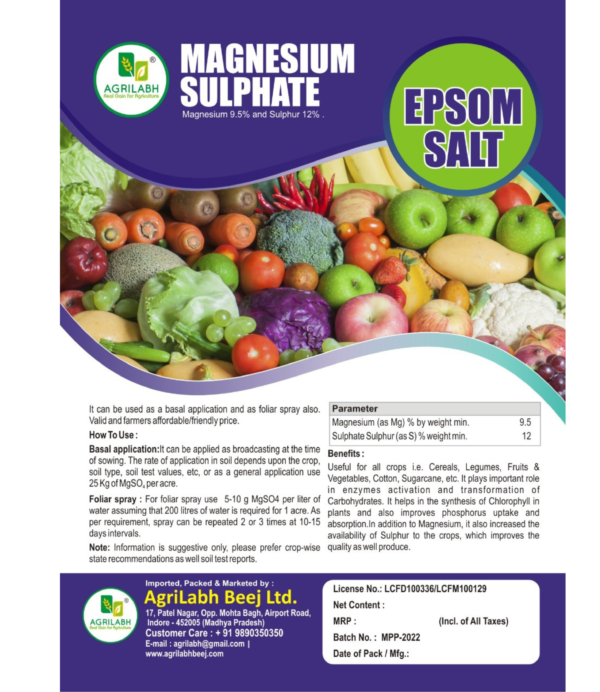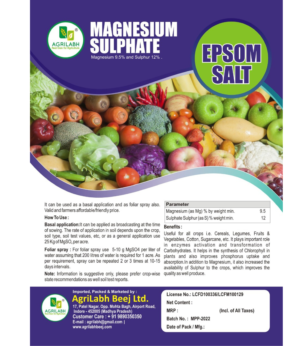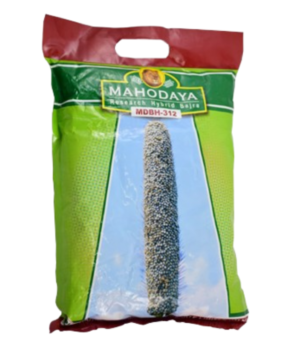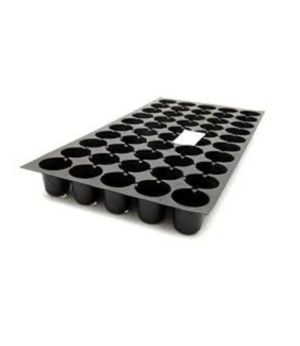US Numeric Size
Waist
US Denim Size
Hip
Chest

Epsom salt – actually magnesium sulfate – helps seeds germinate, makes plants grow bushier, produces more flowers, increases chlorophyll production and deters pests, such as slugs and voles. It also provides vital nutrients to supplement your regular fertilizer.
5 in stock
Flash Sale end in:

5 in stock
5 in stock
We want you to be happy with your purchase and we apologize if it is not. For whatever reason that you are not satisfied, we would be most happy to provide exchanges and returns for all items purchased from us if the following conditions are met.
All exchanges and returns would need to be raised within 10 days of the invoice date for Singaporeorders, and 20 days for overseas orders. For local deliveries, there is an option to exchange at any of our boutiques within Singaporeor through our online portal at www.company.com. All requests for returns however, would need to be strictly made online at www.company.com for both local and overseas deliveries.
All exchanges and returns would need to be raised within 10 days of the invoice date for Singaporeorders, and 20 days for overseas orders. For local deliveries, there is an option to exchange at any of our boutiques within Singaporeor through our online portal at www.company.com. All requests for returns however, would need to be strictly made online at www.company.com for both local and overseas deliveries.
Epsom salt – actually magnesium sulfate – helps seeds germinate, makes plants grow bushier, produces more flowers, increases chlorophyll production and deters pests, such as slugs and voles. It also provides vital nutrients to supplement your regular fertilizer.Epsom salts are known to be beneficial to some plants in some situations. Primarily, roses, tomatoes, and peppers are the key plants that can take advantage of the magnesium levels contained in Epsom salts.
Epsom salt can be beneficial for plants when used in the correct amounts and circumstances. Epsom salt is a good source of magnesium and sulfur, which are important nutrients that plants need to grow and thrive.
When used as a fertilizer, Epsom salt can help improve plant growth, increase nutrient uptake, and boost overall plant health. However, it’s important to note that Epsom salt should not be overused or applied too frequently, as this can lead to salt buildup in the soil, which can be harmful to plants.
To use Epsom salt as a fertilizer for plants, you can dissolve it in water and apply it to the soil around the plant roots. The recommended dosage is usually around 1-2 tablespoons of Epsom salt per gallon of water, applied once every 2-4 weeks during the growing season.
It’s important to note that not all plants will benefit from Epsom salt, and it’s always a good idea to do some research on the specific needs of your plants before using any fertilizers. Additionally, it’s important to avoid getting Epsom salt on plant leaves, as this can cause burning or other damage.
What is Epsom salt used for in plants?
Epsom salt supplies magnesium and sulfur, essential nutrients for plant growth and development.
How often should Epsom salt be applied to plants?
It can be applied every 4-6 weeks, depending on the plant’s needs and soil conditions.
Can Epsom salt burn plants?
If used in excess, Epsom salt can harm plants, so it’s important to follow proper application guidelines.
Is Epsom salt safe for all plants?
Yes, it is generally safe for most plants, especially those that require magnesium, like tomatoes and peppers.
How do I apply Epsom salt to my garden?
Epsom salt can be dissolved in water and applied to the soil or used as a foliar spray.

You can ask anything you want to know about our products
onlinestore@shetiudyog.com


Reviews
There are no reviews yet